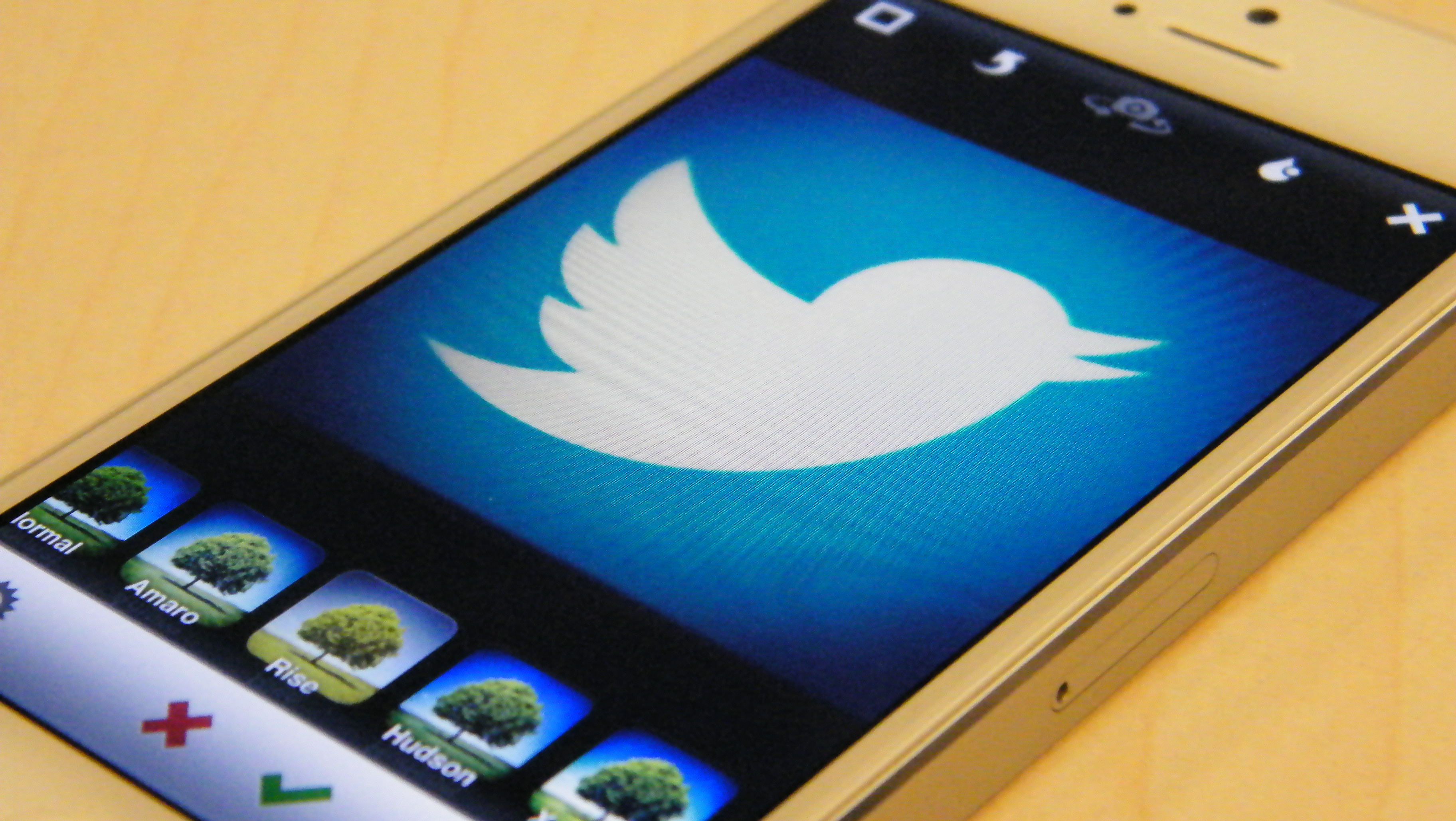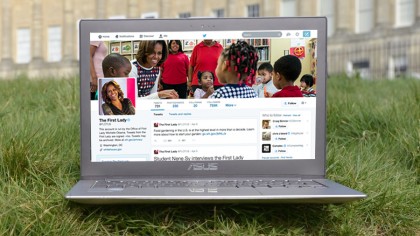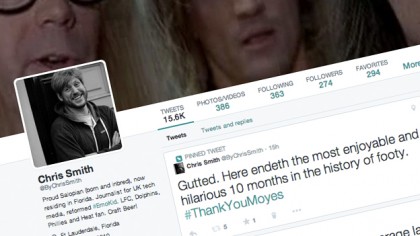Twitter at 10: the good, the bad and the 'where does it go from here?'

Ten years ago today, Twttr was born. It's gained two vowels and an awful lot of users since then, but its mission is the same as it was ten years ago: to share SMS-sized messages among groups.
Those groups are global now, and Twitter serves 320 million monthly active users including us and, most likely, you.
We love Twitter, but we're scared of it too. It makes us laugh like drains, but its users often act in ways that chill the blood.
After 10 years of tweets, it's becoming clear that Twitter brings out the very best of people as well as the very worst. Here are the good, the bad and the rather more disturbing things about Twitter.
The good
Everybody's equal
Of all the great things about Twitter, this is the secret of its success: it's a level playing field. Protected accounts aside, anybody can follow, read tweets by and send tweets to anybody. Artists chat with their fans. Journalists get pulled up by the people they write about. Experts share their findings. News comes straight from the horse's mouth without spin or selective quoting.
Provided you don't follow a bunch of fools, Twitter is like the best pub conversation or dinner party in human history. As the cliché goes, Facebook is where you connect with people you know and don't want to talk to. Twitter is where you connect with people you don't know but wish you did.
Sign up for breaking news, reviews, opinion, top tech deals, and more.

It's all killer, no filler
Twitter's 140-character limit is widely broken through URL shorteners, multi-part tweets and image attachments, but it's still the unique selling point of the service. Unlike other services that try to be everything, Twitter is all about keeping things short and sharp.
If it allowed status updates as verbose as Facebook ones, there'd be too much content for anybody to keep up with. Keeping things short means we can keep up with the firehose of Tweets, and it means we can get involved in the conversations even when we're doing something else.
It's like news, but better
For good and bad, news breaks on Twitter now. Not just the "attention seeker does attention seeking thing on Twitter" news, but the real news too. From terrorist attacks to rappers' beefs, celebrity deaths to Bank of England monetary policy, there's a very good chance that the news you're interested in will come to you on Twitter long before it makes the pages of your favourite news source.
And Twitter is home to the fast fact-check too, so while hoaxes and rumours spread like any other social network the bad information is usually debunked very quickly.
It's fantastically funny
Nothing on the internet makes us laugh as consistently and as helplessly as Twitter does. The level of comedy does depend on who you follow, but Twitter's brevity means it's a perfect venue for sarcy comments, memes, one-liner jokes, funny things people have spotted in shops, GIFs of people falling over, stupid things Tweeted at celebrities and demented police dramas such as Crimer Show.
There's something about Twitter that brings out everybody's inner comedian, and that means it's a seam of comedy gold.

It isn't Facebook… yet
On Twitter you don't have to wade through other people's baby photos, or invitations to play Clash of Clans, or hoaxes that were debunked ten years ago, or political or religious viewpoints that drive you crazy. And with third-party tools that enable you to block and mute specific keywords, you can even filter the content you see - which is handy if you follow people for artistic or work reasons and not their blow-by-blow commentaries on obscure sporting events.

Contributor
Writer, broadcaster, musician and kitchen gadget obsessive Carrie Marshall has been writing about tech since 1998, contributing sage advice and odd opinions to all kinds of magazines and websites as well as writing more than twenty books. Her latest, a love letter to music titled Small Town Joy, is on sale now. She is the singer in spectacularly obscure Glaswegian rock band Unquiet Mind.